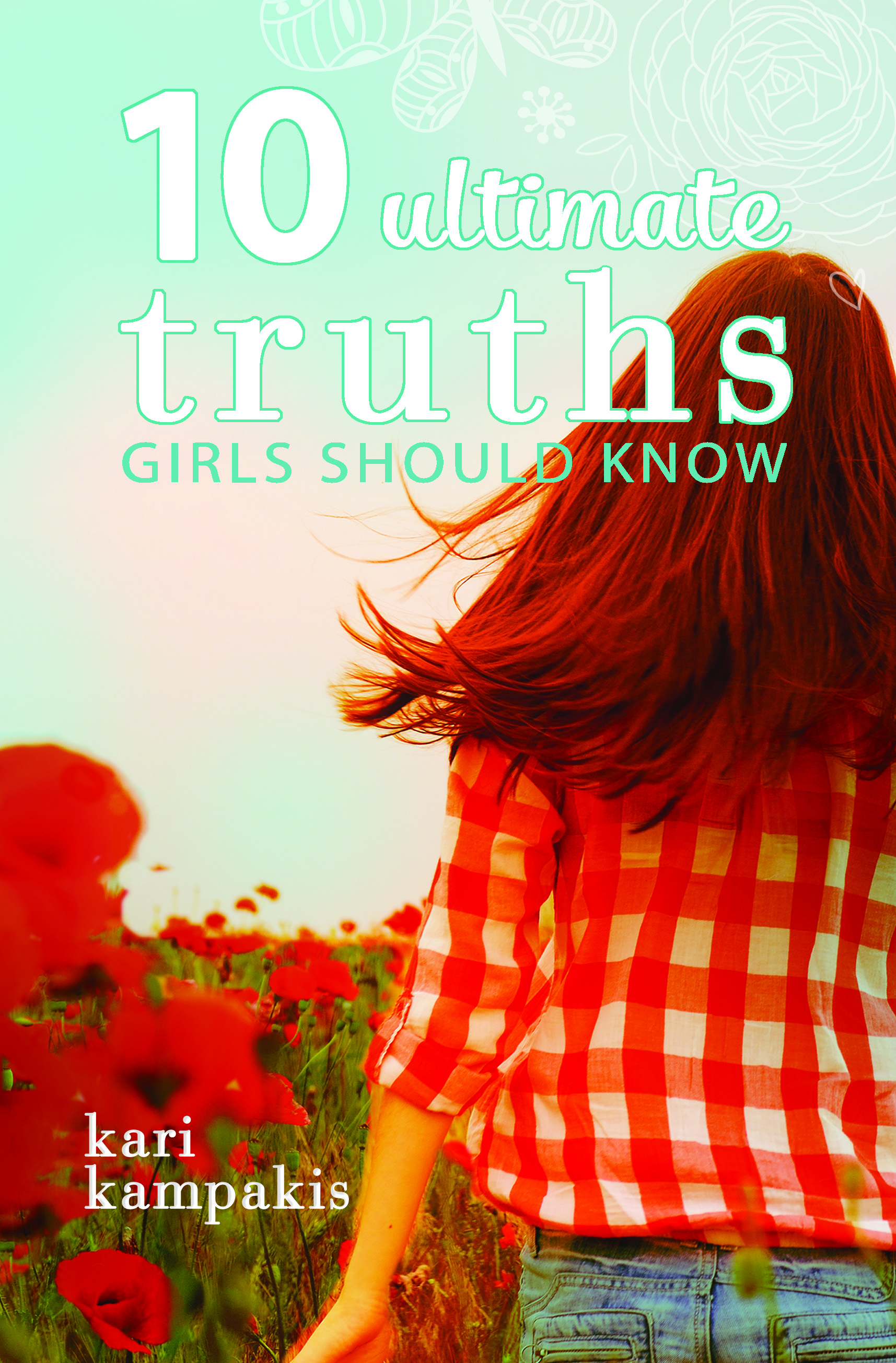GUEST POST BY JENNA SHERMAN
Infertility can be a challenging journey, marked by emotional highs and lows. Ensuring that you're supported by friends and leading a healthy lifestyle can make a significant difference. Engaging with your community and taking care of your body and mind are vital steps towards enhancing your wellbeing. These actions not only improve your physical health but also provide essential emotional support. In this article, courtesy of Stork Parenting, we’ll go over several things you can do to feel your best everyday.
Building Your Support Network
In times of stress and uncertainty, the comfort of friends and family becomes invaluable. Encouraging words and empathetic ears help lighten your emotional load. Actively seeking out and participating in community or support groups not only diversifies your interactions but also enhances your emotional resilience. This network can serve as a crucial safety net, offering support and understanding when it's most needed.
Enhancing Career Satisfaction
If your job is a source of significant stress, exploring new career opportunities could be beneficial. Before you start applying, enhance your first impression with a professional-looking resume created using a resume template free from complex design elements. Online platforms provide libraries of professionally designed resume templates, allowing you to add your own copy, photos, colors, and images. This way, you can ensure your resume stands out, perfectly tailored to showcase your skills and ambitions.
Eating Well to Live Well
The choices you make at the dinner table influence more than just your waistline. Opting for a colorful variety of fruits and vegetables, alongside quality proteins and whole grains, nourishes your body and can improve your fertility prospects. Preparing meals in advance ensures that you maintain these healthy habits consistently, steering clear of the quick, less nutritious alternatives.
Keeping Active for Body and Mind
Incorporating exercise into your daily routine isn't just about physical benefits; it's a potent stress reliever too. Whether it’s a brisk walk, a yoga session, or a cycle through the park, each activity contributes to a healthier weight and a happier mindset. The variety keeps your regimen exciting and your body guessing, enhancing both strength and flexibility.
Recognizing Your Achievements
Acknowledging every small win builds a ladder to your larger goals. Celebrated successes, like adhering to your weekly meal plan or meeting a personal best in your fitness routine, boost your morale. These victories, no matter their size, are milestones on your path to well-being. Each achievement brings you closer to your overall health and fertility goals, reinforcing your commitment and perseverance.
Unplugging for Peace
Technology is a constant presence in our lives, but its overuse, especially at night, can disrupt your sleep patterns and affect your mental health. Establishing a pre-sleep routine that involves calming activities like reading or meditation can significantly improve your night's rest, preparing you for a better tomorrow. Reducing screen time before bed can also help in decreasing mental stimulation, making it easier to fall asleep.
Practicing Mindfulness
Mindfulness and meditation are not just trendy concepts but effective stress-management tools. Allocating a few minutes each day to practices like guided meditation or progressive muscle relaxation can diminish stress and cultivate peace, significantly impacting your mental health and resilience. These practices encourage a deeper connection with oneself, fostering a tranquil mind and a rejuvenated spirit.
Empower yourself by taking control of your health and environment. Simple, proactive steps in diet, exercise, and mindfulness contribute significantly to your physical and mental well-being. Remember, each positive change you make is a step forward in your journey, regardless of the challenges you face with infertility. Your path to wellness is as unique as you are, and every small step is a victory worth celebrating.
Stork Parenting offers a variety of support and resources for parents and parents-to-be, including informative content about infertility challenges. Get in touch today with questions or comments.











